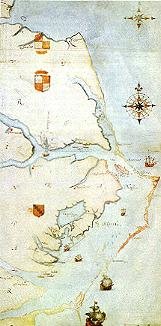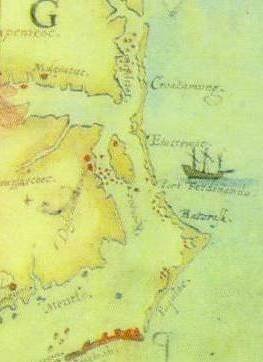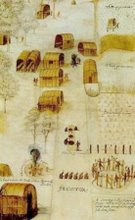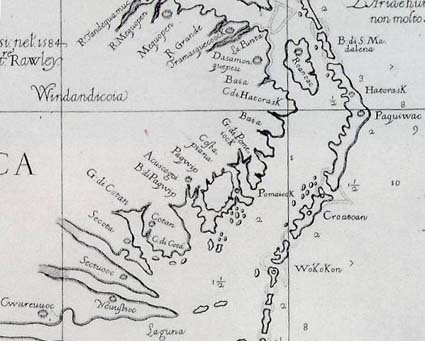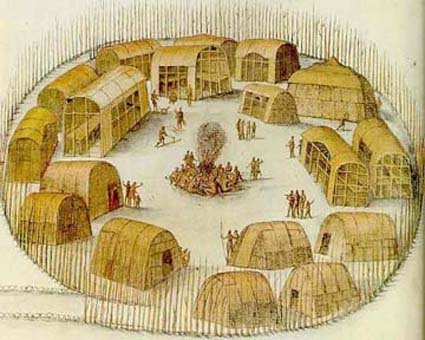By RON NIXON
Published: November 25, 2007
HENRY LOUIS GATES JR., whose PBS special “African American Lives” explores the ancestry of famous African-Americans using DNA testing, has done more than anyone to help popularize such tests and companies that offer them. But recently this Harvard professor has become one of the industry’s critics.
Gates says his concerns date back to 2000, when a company told him his maternal ancestry could most likely be traced back to Egypt, probably to the Nubian ethnic group. Five years later, however, a test by a second company startled him. It concluded that his maternal ancestors were not Nubian or even African, but most likely European.
Why the completely different results? Mr. Gates said the first company never told him he had multiple genetic matches, most of them in Europe. “They told me what they thought I wanted to hear,” Mr. Gates said.
An estimated 460,000 people have taken genetic tests to determine their ancestry or to expand their known family trees, according to Science magazine. Census records, birth and death certificates, ship manifests, slave narratives and other documents have become easier to find through the Internet, making the hunt for family history less daunting than in years past.
Yet for many, the paper or digital trail eventually ends. And for those who have reached that point, genetic DNA tests may help to provide the final piece of the puzzle.
The expectations and reasons for taking the test vary. For some, the test allows them to reconnect with African ancestors after centuries of slavery wiped out links between African-Americans and their forebears. Others want to see if they have links to historical figures like Genghis Khan or Marie Antoinette. For still others, it’s an attempt to fill gaps in family histories and find distant cousins they might not otherwise have known.
The demand has spawned an industry. Almost two dozen companies now offer such services, up from just two or three only six years ago. The field is so hot that private equity investors have moved in: Spectrum Equity Investors recently bought Ancestry.com, an online genealogy site, for about $300 million shortly after the site added genetic testing as a service.
But as the number of test takers and companies has grown, so has the number of scientists or scholars like Mr. Gates who have questioned assertions that companies make about their tests. One of the most controversial issues is the ability of the tests to determine the country or the ethnic group of origin for African-Americans or Native Americans.
Mr. Gates, director of the W.E.B. Du Bois Institute for African and African American Research at Harvard, said his experience and similar stories from others have prompted him to enter the field.
Mr. Gates recently teamed up with Family Tree DNA, a DNA testing and genealogy firm in Houston, to provide genetic testing and genealogy work for African-Americans. The new venture is called AfricanDNA.
“What we hope to do is combine this with genealogical and other records to try to help people discover their roots,” he said. “The limitations of current genetic DNA tests mean you can’t rely on this alone to tell you anything. We hope to bring a little order to the field.”
Full Article Here:


